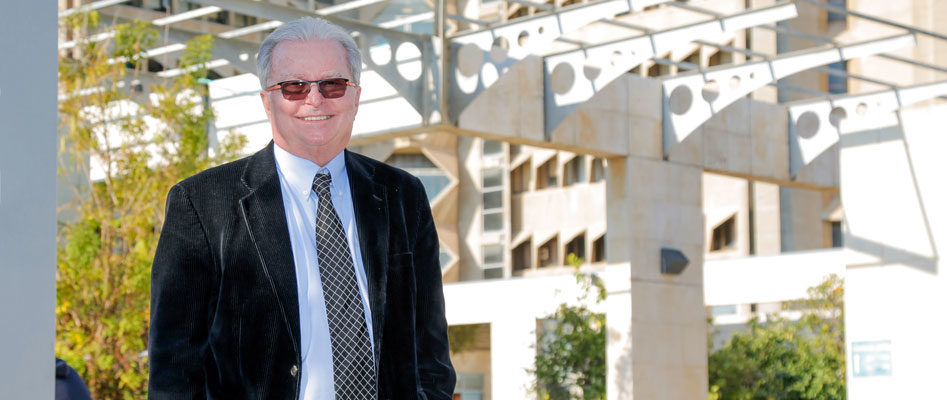The Executive Dean reflects on the groundbreaking American Medical Program at Tel Aviv University
Accredited by New York State and open to students from across the U.S. and Canada, the American Medical Program at Tel Aviv University has set the academic and professional standard for international medical schools across the globe. Dean Dr. Stephen H. Lazar, and the rest of the New York and Israeli team, have a very personal connection with students and graduates as well. Dr. Lazar has been associated with the Program since its inception in 1976, as a volunteer, until assuming the full-time role of Executive Dean in 2010.
The American Medical Program at Tel Aviv University is widely considered to be the premier example of successful cultural and educational cooperation. When students apply to the program, they work with our New York office, and have access to all of the federal loan programs available to medical students in the United States. The New York and Tel Aviv offices are in daily contact, by phone, Zoom, and in person. It’s a true partnership. And the program benefits from this strong international spirit.
I think that the prestige of our graduates has greatly increased the number of applications that we receive for the program, and the quality of our students continues to rise to the point where we are very competitive with American medical schools. Many of our students have been accepted to schools in America, but are choosing to join the TAU program instead.
We’ve become more successful than anyone could have imagined, and we now served as a model for new programs opening all over the world.
What makes you passionate about the program?
I am emotionally involved because as a group, most students are happy with this program and the faculty is so supportive that we truly are a family — and you don’t find that in many medical schools. Everybody knows everybody by first name, and they all care about one another. We have many alumni who continue to volunteer, assisting our students not only financially but academically, and as advisors for residency programs.
What makes the program so special?
Not only do American Medical Program students get a first class medical education, they also have the opportunity to envelop themselves in the wonderful Israeli culture. Many come back with a deep understanding of Israeli culture and a love for the people. We now have over 2,000 graduates practicing all over the world.
Professionally, so many our alumni go on to have notable careers at prestigious institutions. When the first class graduated in 1981, the school was unknown to American hospitals. Now, these same hospitals seek out Sackler graduates because their overall performance is outstanding. When hospitals look for the best applicants among students, they routinely include the American Medical Program at Tel Aviv University. We’ve actually graduated the children of some of our earlier graduates — so we’re into the second generation!
Do graduates stay involved?
We have a vibrant alumni association that organizes periodic reunions throughout the United States. Our graduates volunteer for the program, helping students academically and mentoring them through the residency application process, and even serve on the Board or as interviewers for applicants throughout the U.S. and Canada. Many of our alumni also contribute financially to the program.
Going forward, how will you prepare students for the medical landscape of the future?
Residencies are becoming more difficult to obtain because more medical schools in the U.S. are either opening or expanding — so an increasing number of people will be applying for the same number of residencies. To continue to get the finest residencies in America, our students will have to be at the top of their game. That’s why we continually update our curriculum to reflect the cutting-edge of modern medicine — and with our students’ characteristically hard work, we have no doubt they will continue to succeed.
Excerpts from an article: American Friends of Tel Aviv University – A Conversation With Dr. Stephen H. Lazar

